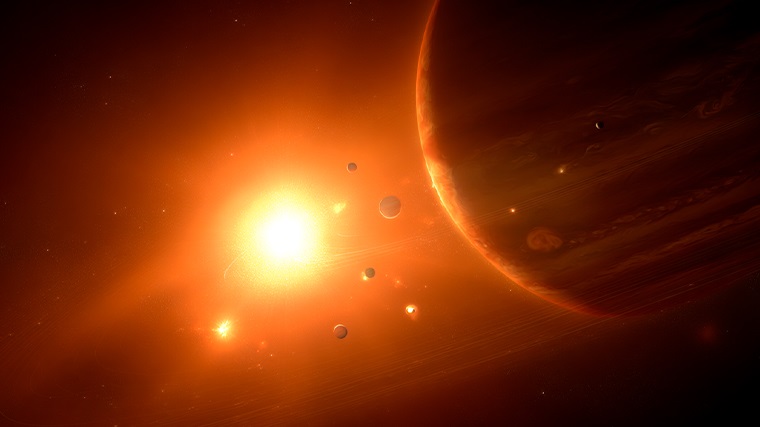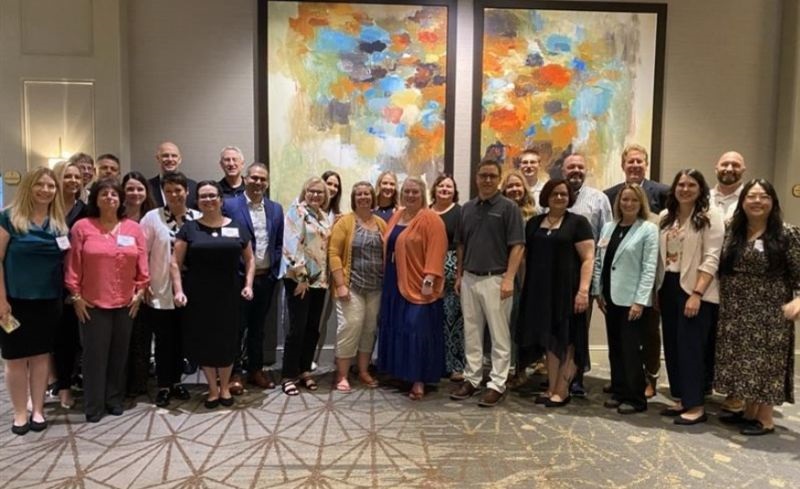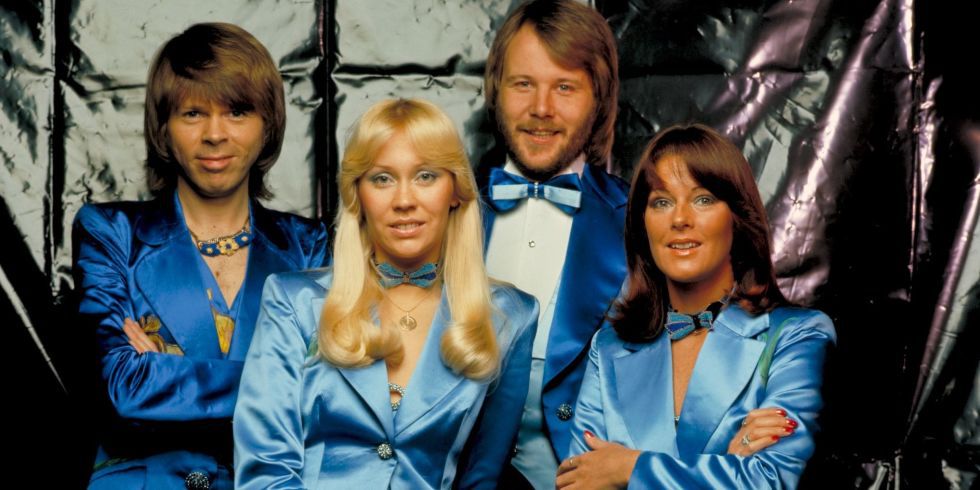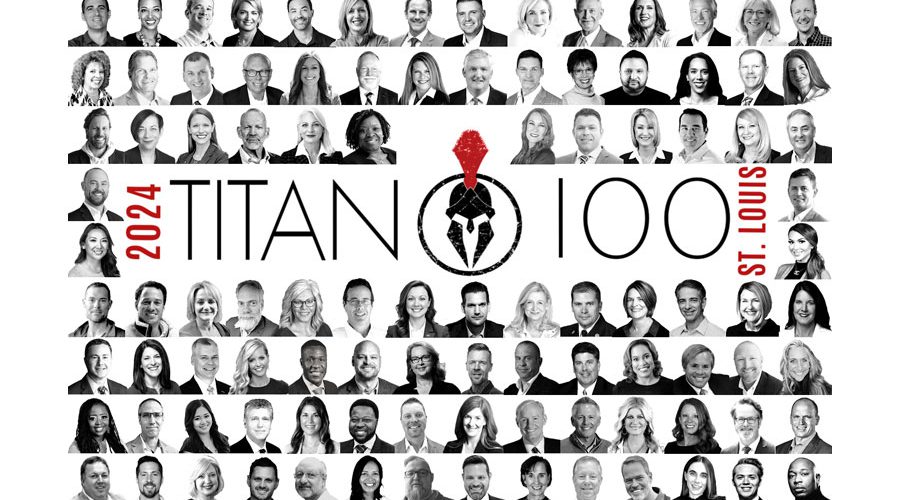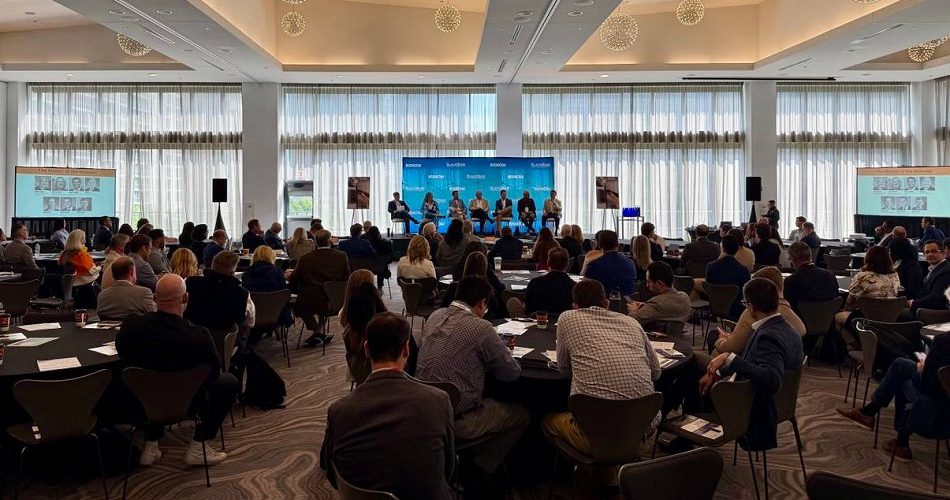The AI apocalypse
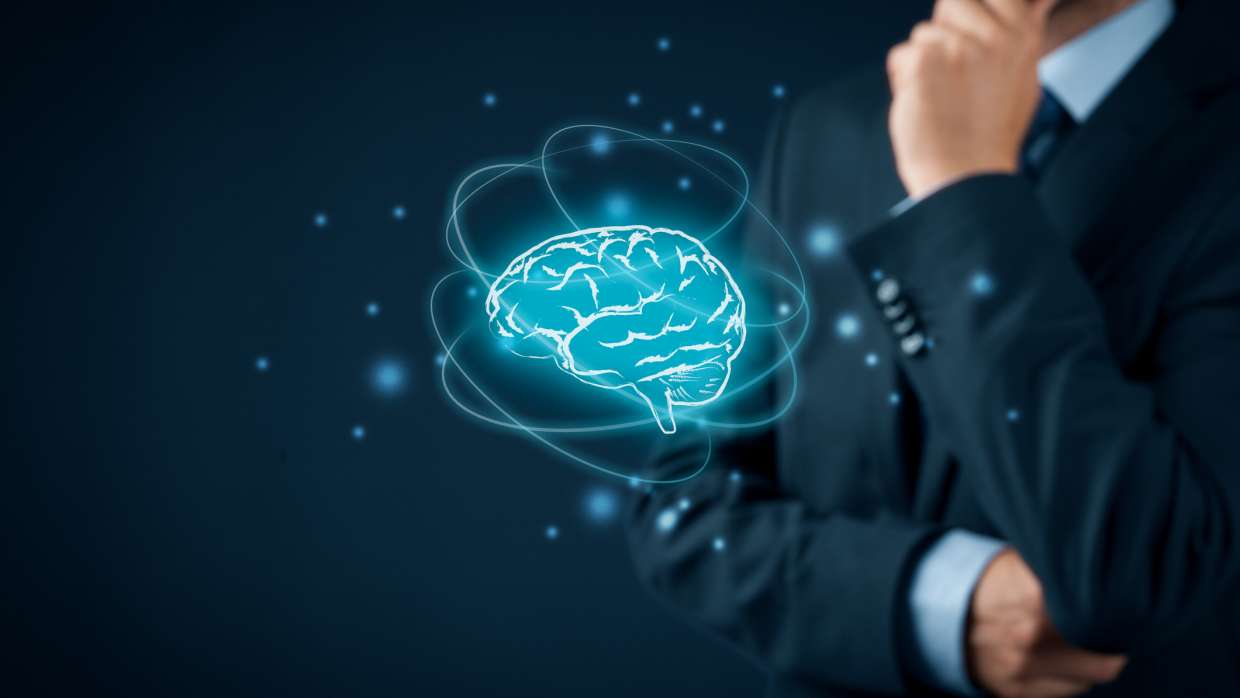
Being Human in the Age of Artificial Intelligence by Max Tegmark
(review)
Artificial intelligence will probably be the most important agent of change in the 21st century, think scientists. It may transform our economy, our culture, our politics and even our own bodies and minds in ways most people can hardly imagine.
Technology is never deterministic: it can be used to create very different kinds of society: it may foster liberal democracies or fashion dictatorships.
In the 21st century, AI will open up a wide spectrum of possibilities. Deciding which of these to realise may well be the most important choice humankind will have to make in the coming decades.
Alas, most people have only a very dim and limited understanding of machine learning, neural networks and artificial intelligence. Most generally held ideas about AI come from SF movies such as The Terminator and The Matrix . Without a better understanding of the field, we cannot comprehend the dilemmas we are facing: when science becomes politics, scientific ignorance may become a recipe for political disaster.
Max Tegmark in his book Life 3.0 tries to rectify the situation. Written in an accessible and engaging style, and aimed at the general public, the book offers a political and philosophical map of the promises and perils of the AI revolution. Instead of pushing any one agenda or prediction, Tegmark seeks to cover as much ground as possible, reviewing a wide variety of scenarios concerning the impact of AI on the job market, warfare and political systems.
Life 3.0 does a good job of clarifying basic terms and key debates, and in dispelling common myths. While science fiction has caused many people to worry about evil robots, for instance, Tegmark rightly emphasises that the real problem is with the unforeseen consequences of developing highly competent AI. “The real risk with artificial general intelligence is competence. A superintelligent AI will be extremely good at accomplishing its goals, and if those goals aren’t aligned with ours, we’re in trouble,” he writes.
As for the obsession with robots, we should remind ourselves that a surveillance system – one that constantly tracks people and uses Big Data algorithms to analyse their behaviour and personality – can destroy our privacy, our individuality and our democratic institutions without any need for Terminator-style killer machines, says the author.
Naturally enough Tegmark’s map is not complete, and in particular it does not give enough attention to the confluence of AI with biotechnology. The 21st century will be shaped not by infotech alone, but rather by the merger of infotech with biotech. According to scientists, AI will be of crucial importance precisely because it will give us the computing power necessary to hack the human organism. Long before the appearance of superintelligent computers, our society will be completely transformed by rather crude and dumb AI that is nevertheless good enough to hack humans, predict their feelings, make choices on their behalf, and manipulate their desires, the scientists think.
Once an algorithm knows you better than you know yourself, institutions such as democratic elections and free markets become obsolete, and authority shifts from humans to algorithms. Instead of fearing assassin robots that try to terminate us, we should be concerned about hordes of bots who know how to press our emotional buttons better than our mother, and use this uncanny ability to try to sell us something. It might be apocalypse by shopping.
Yet the real problem of Tegmark’s book is that it soon bumps up against the limits of present-day political debates. The AI revolution turns many philosophical problems into practical political questions and forces us to engage in “philosophy with a deadline” (as the philosopher Nick Bostrom called it). Philosophers have been arguing about consciousness and free will for thousands of years, without reaching a consensus. This mattered little in the age of Plato or Descartes, because in those days the only place you could create superintelligences was in your imagination. Yet in the 21st century, these debates are shifting from philosophy faculties to departments of engineering and computer science. And whereas philosophers are patient people, engineers are impatient, and hedge fund investors are more restless still.
Consequently Tegmark soon leaves behind familiar debates about the job market, privacy and weapons of mass destruction, and ventures into realms that hitherto were associated with philosophy, theology and mythology rather than politics. This can hardly be avoided. For the creation of superintelligent AI is an event on a global or even cosmic rather than a national level. For 4bn years life on Earth evolved according to the laws of natural selection and organic chemistry, as the scientists believe. Now science is about to usher in the era of non-organic life evolving by intelligent design, and such life may well eventually leave Earth to spread throughout the galaxy. The choices we make today may have a profound impact on the trajectory of life for countless millennia and far beyond our own planet.
These are extremely serious problems. The future of humankind is at stake.




